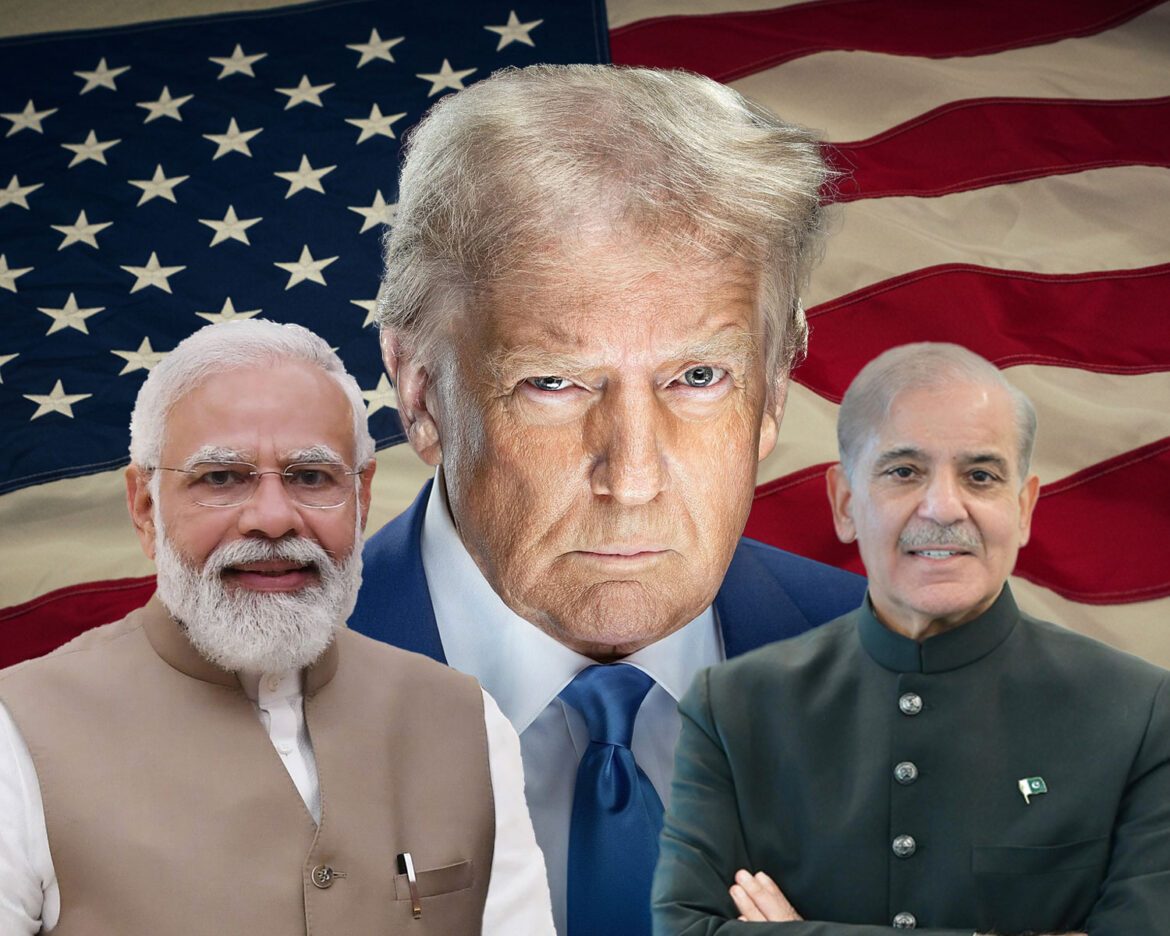Washington, D.C. – U.S. President Donald Trump has announced fresh tariffs targeting imports from India and Pakistan, imposing a 26% tariff on Indian goods and a 29% tariff on Pakistani products. The move is part of his administration’s strategy to address trade imbalances and protect American industries.
Speaking at a press conference, Trump stated, “The U.S. has been taken advantage of for too long. These tariffs will ensure fair trade and bring jobs back to America.”
Impact on India
India, one of the largest exporters to the U.S., is expected to face significant disruptions, particularly in sectors such as IT services, textiles, pharmaceuticals, and gems & jewelry. The Indian government has expressed concern over the tariffs, with officials considering a possible response, including retaliatory measures.
Impact on Pakistan
Pakistan’s textile and apparel industry, which heavily relies on U.S. exports, is expected to suffer the most. Analysts warn that the increased tariffs could reduce Pakistan’s export earnings and create financial instability in key industries. The Pakistani government has yet to issue an official response but is reportedly seeking diplomatic engagement with Washington.
Global Reactions
The tariff decision has sparked criticism from international trade experts, who warn of potential retaliatory measures from India and Pakistan. The move also raises concerns about rising trade tensions between the U.S. and South Asian economies.
While Trump argues that the tariffs will benefit American manufacturers, economists predict they could lead to higher prices for U.S. consumers and potential disruptions in global trade.
The situation is developing, and further negotiations between the U.S., India, and Pakistan may determine the long-term impact of these tariffs.



